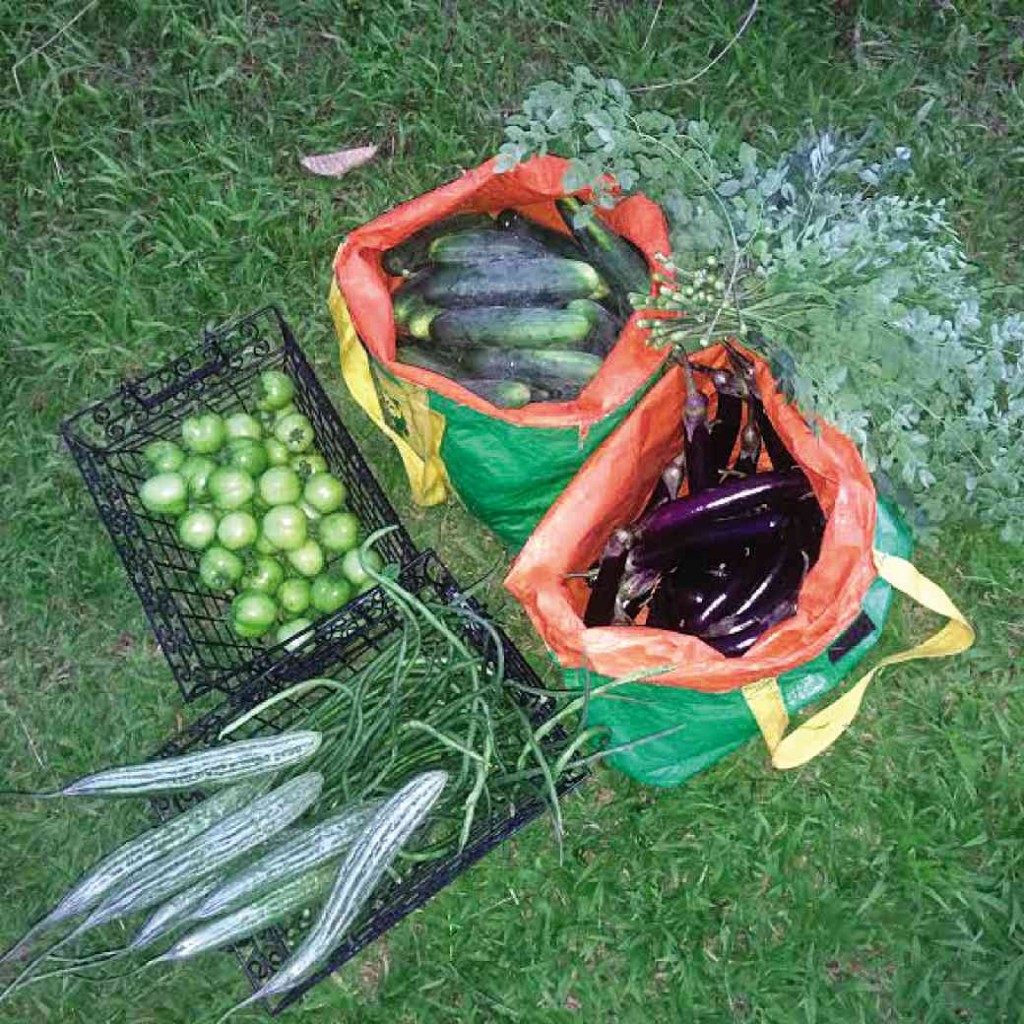
BLESSED with nutritionally rich vegetables that come with being a tropical country, majority of Filipinos still prefer heart-attack inducing animal sourced foods.
Of the National Nutrition Council’s 10 recommended Nutritional Guidelines for Filipinos, which has been described as a set of dietary guidelines based on the eating pattern, lifestyle and health status of Filipinos, what could be among the most crucial and challenging would be the recommendation to eat more vegetables and fruits to get the essential vitamins, minerals and dietary fiber; and to breastfeed infants exclusively from birth up to six months, and afterward giving appropriate complementary foods while continuing breastfeeding for two years and beyond for the toddler’s optimum growth and development.
Filipinos have demonstrably been poor consumers of fruits and vegetables, and high consumers of meat, an observation echoed by Department of Science and Technology balik-scientist Custer Deocaris, who was once quoted by Inquirer Science/Health as saying that “we are the lowest consumers of vegetables in Asia. In China, an average person eats 250 kilograms of vegetables per year. An average Filipino eats only 40. We have to change this meat-first culture,’ he had said.
Deocaris lamented that ‘three-fourths of the population’ were consuming insufficient amounts of vegetables and fruits, and that each individual would need to consume 69 kilos of vegetables every year to stay healthy. Eat less than that, and the risk of obesity, metabolic diseases, cancer and malnutrition increase significantly.
Low absorption of calcium
The focus on breastfeeding is equally challenging for Filipinos, who have grown used to feeding toddlers with infant formulas, a habit fueled somewhat by aggressive milk advertisements. Preventive health expert Neil Nedley, MD, stressed in his book “Proof Positive” that “cow’s milk results in just a low absorption of calcium by the body,” citing various studies that show only 25 percent of the calcium in cow’s milk is actually absorbed by the human body.
He added that human milk, although containing less than half the calcium of cow’s milk, is a better source of calcium because of its high absorption qualities. He added that kale, turnip greens or sesame seeds are better sources of calcium for adults for the same reason.
“Well over half the world’s population is lactose intolerant,” said Nedley.
Studies would show that the major childhood health concerns related to using cow’s milk revolve around allergies, iron deficiency anemia, lowered intelligence, “milk sensitivities,” early atherosclerosis, juvenile diabetes, acne, rheumatoid arthritis, dental decay and infectious diseases.
Filipinos’ dependence on meat to make everyday home-cooked dishes more “palatable” may be putting more individuals at risk for developing lifestyle-related diseases. Nedley urged: “It is high time that we set aside the great meat and protein myth. Preoccupation with meat and its protein, rather than improving health, has contributed to many degenerative diseases such as heart disease, cancer, osteoporosis, kidney failure and kidney stones.
“Plant sources of nutrition are generally modest in protein and reasonable in fat content; furthermore, they never contain any cholesterol. With our growing understanding of protein physiology, a plant-based diet has emerged as the optimal way to eat for those interested in maximizing longevity and the quality of living,” Nedley said.

